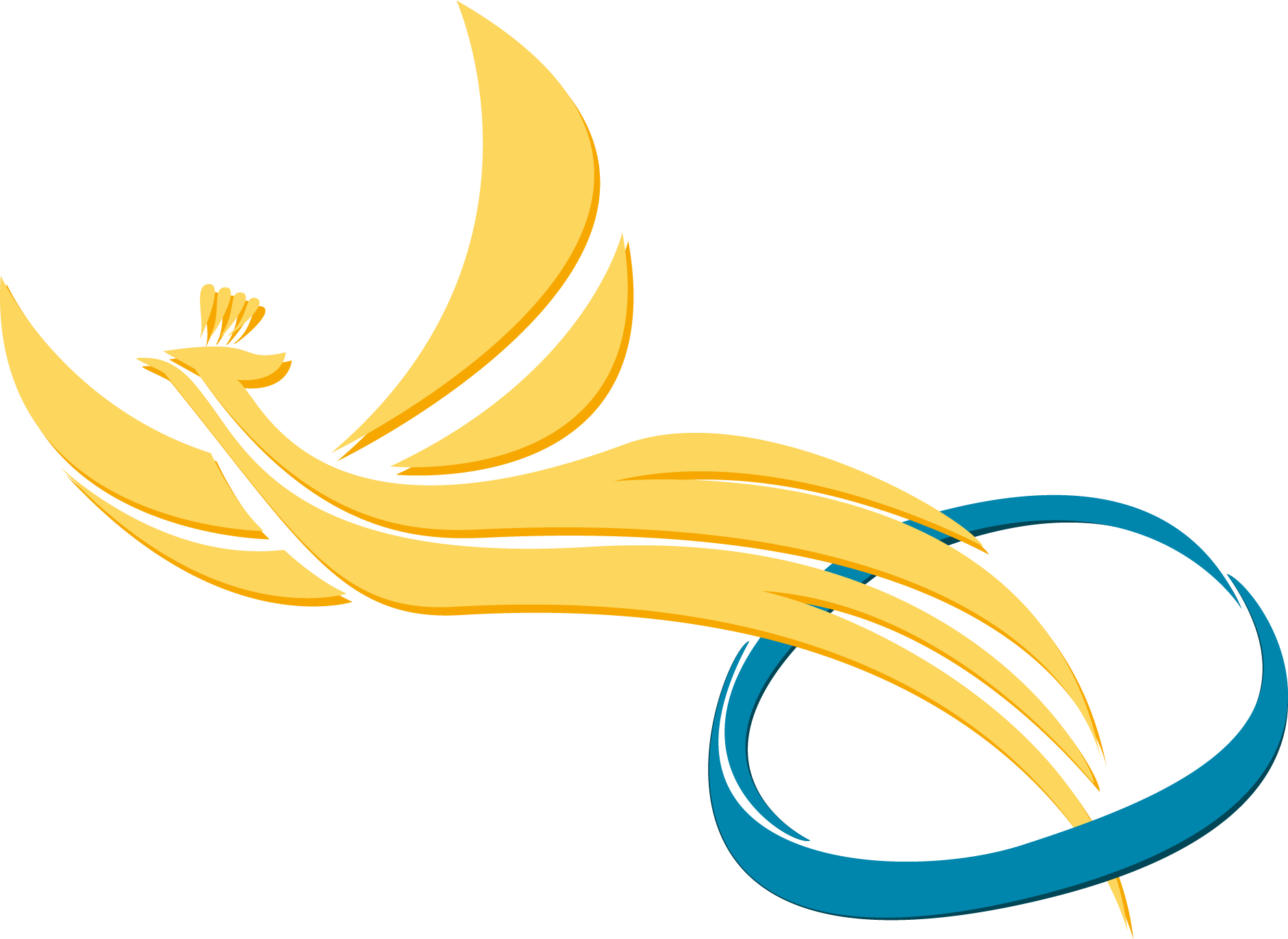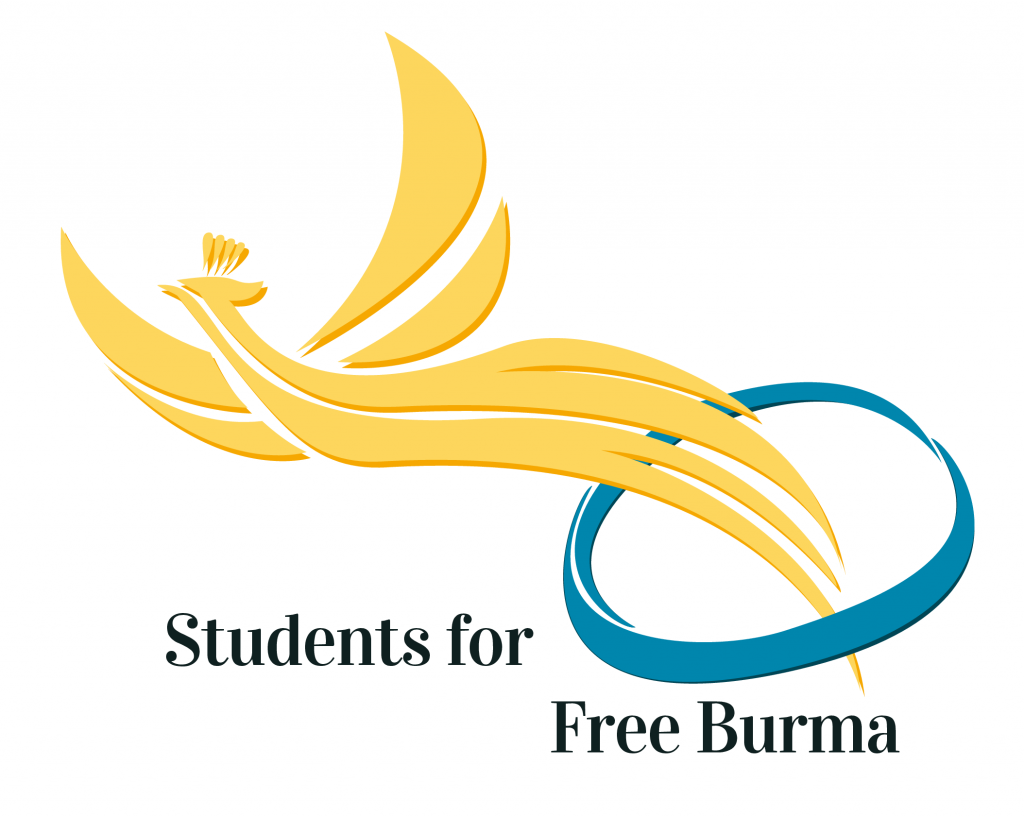Published on August 17, 2022
- Political Developments
- On August 15, the military junta sentenced the ousted state counsellor, Daw Aung San Suu Kyi, to six more years in prison. She now faces up to 17 years in prison.
- After several international NGOs including Human Rights Watch, Save the Children, and Amnesty International signed a letter addressing junta chief Min Aung Hlaing as the prime minister of Burma, the National Unity Government (NUG) demanded an explanation and apology from the NGOs for appearing to legitimize the junta rule.
- On August 12, detained student union leader Ko Wai Moe Naing was sentenced to ten years in prison on five charges under Section 505. He still faces five additional charges.
- On August 12, the junta-controlled Union Election Commission declared that registered political parties must seek permission from the junta to meet with international organizations or individuals or risk the dissolution of the party.
- On August 11, Professor Sean Turnell, Daw Aung San Suu Kyi’s former adviser, testified against the allegations against him and pleaded not guilty. He was charged with the violation of Burma’s official secrets act after the 2021 coup. Australian Acting Prime Minister Richard Marles told reporters that the Australian government “will not rest” on this issue and will consider potential sanctions.
- Ground Situation
- As of August 16, 2022, the Assistance Association for Political Prisoners (AAPP), a Burmese human rights advocacy organization, reported that 2,201 individuals have been killed. AAPP also reported that 15,127 individuals have been arrested and 12,030 individuals are still detained by the Burmese military since the coup.
- Sources close to Mandalay’s Obo Prison reported that around 19 political prisoners have been beaten and held in solitary confinement after going on hunger strike. These political prisoners went on a hunger strike in defiance of the junta’s execution of the four pro-democracy activists earlier this month.
- On August 11, the junta forces conducted airstrikes on a village in Sagaing Region’s Yinmabin Township. Local media reported that at least 50 civilians including the elderly and children were unable to escape as the junta forces continue to conduct airstrikes.
- On August 11, the Chinland Joint Defence Committee (CJDC), an alliance of ethnic Chin resistance groups, attacked a junta base between Hakha and Thantlang townships in Chin State. The group claimed that the attack killed ten junta soldiers.
- On August 09, an airstrike by the junta forces hit a clinic in Loikaw Township in Kayah State and killed a 60-year-old man seeking treatment at the clinic.
- During the week of August 08, the junta forces burned down homes and businesses in Mu Kan Gyi Village in Sagaing Region and occupied the village for days. Locals reported that the arson attack destroyed much of the village’s infrastructures.
- International Responses
- On August 16, the UN Special Envoy for Burma Noeleen Heyzer arrived in Burma on her first trip since her appointment to the role last October. It is unclear at the time of this writing who the special envoy will meet with during her trip. NUG expressed concerns about her visit and claimed that it is “not the right time” for the UN special envoy to visit.
- A four-year investigation by the Commission for International Justice and Accountability (CIJA) identified 31 individuals of interest including the junta leader Min Aung Hlaing for criminal responsibility in committing atrocities against people in Kachin, Rakhine, and Shan State. CIJA’s findings also revealed evidence of systematic violence and campaign targeted against the Rohingya people in Rakhine State.
- On August 11, Hiromichi Watanabe, a member of Japan’s lower house of representatives, met with junta leader Min Aung Hlaing. The visit comes after Tokyo’s call for the release of Japanese filmmaker Toru Kubota, who was detained for documenting protests against the executions of four democracy activists. The junta did not mention the filmmaker and instead announced that the parties discussed “bolstering bilateral friendship and encouraging investment.”
- On August 11, a Justice for Myanmar (JFM) report claimed that 38 Singapore-based firms were linked to arms broker deals with the junta. JFM urged Singapore to “help resolve the Myanmar crisis” by “ending its complicity in the junta’s international crimes.”
- On August 10, Human Rights Watch (HRW) reported that a Japanese-trained Burmese army general, Brigadier General Tin Soe, oversaw the military operations in southern Shan and Kayah States when the Christmas Eve Massacre of 35 people in Kayah State and the burning of two Save the Children staff by the junta forces took place.
- On August 10, Malaysian foreign minister Saifuddin Abdullah called on ASEAN states to engage with the National Unity Government (NUG) and other opposition groups. He also mentioned “the possibility of seeking support from third party states” in the diplomatic process, although no specific countries were named.
- Business and Economy
- A spokesperson for Posco International, which owns 51% share in the Shwe Gas Project and partners with MOGE, stated that revenues from the operations were being paid into an escrow account. This statement comes after rumors that the Bank of China advised foreign partners of MOGE that it will not transact payments in Euro in fear of violating EU’s sanctions on MOGE.


